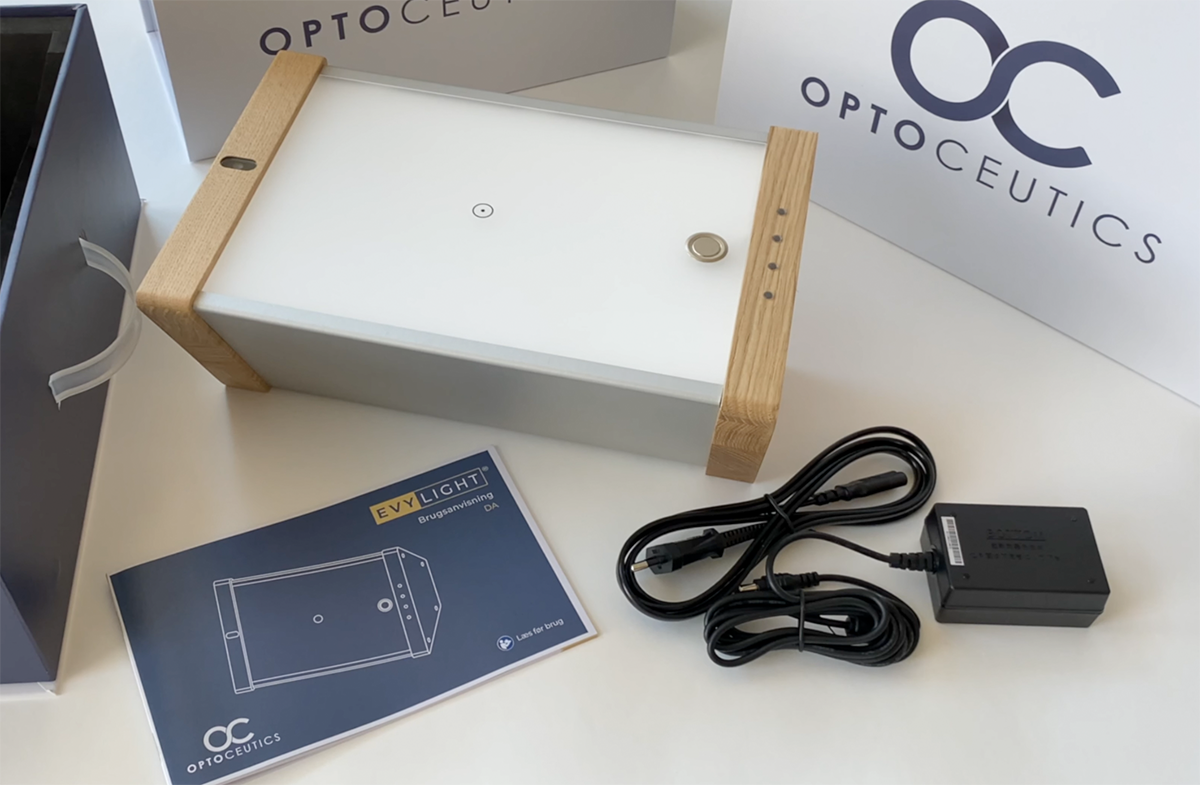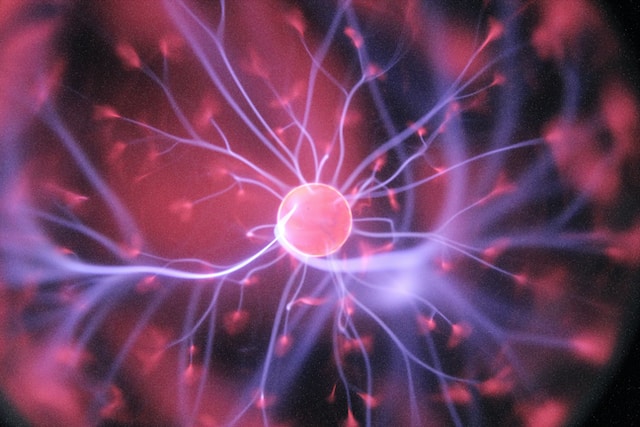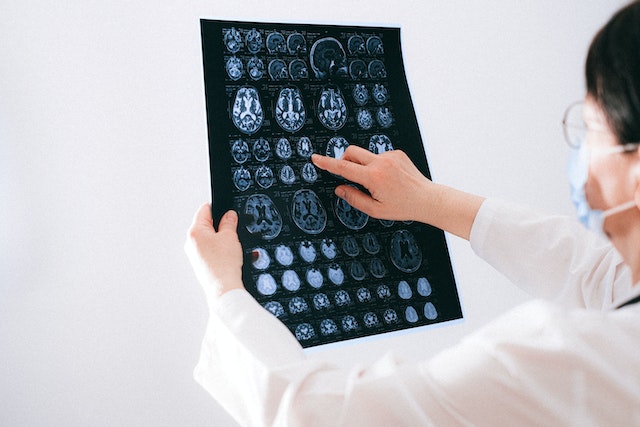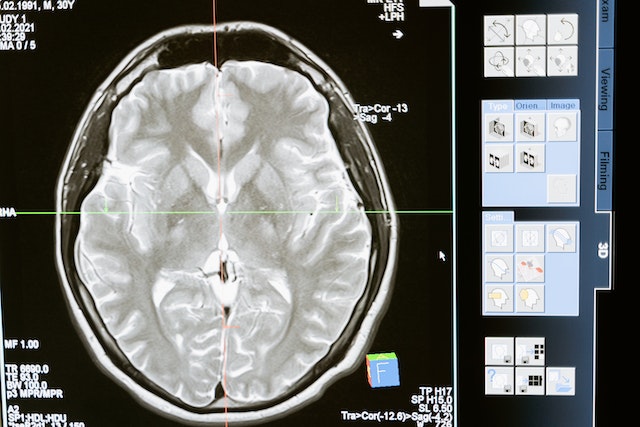Memory is a remarkable aspect of our cognitive function that allows us to retain and recall information, experiences, and skills. As we journey through life, our memory abilities evolve, presenting challenges and opportunities for improvement. Whether you’re a student, a working professional, or a seasoned elder, understanding the factors that impact memory and adopting strategies to enhance it can lead to a more enriching and fulfilling life. In this blog post, we will explore practical and science-backed techniques to support memory at all stages of life, empowering you to unlock your brain’s full potential.
Building a Strong Foundation – The Early Years
In our early years, the capacity of our brain resembles a sponge, eagerly absorbing vast amounts of information and forming the foundational pillars of our memory abilities. This critical phase presents a golden opportunity to concentrate on developing robust memory skills that will serve us throughout life. To nurture memory prowess, it is essential to engage in activities that stimulate cognitive growth and intellectual curiosity. Reading, solving puzzles, and indulging in educational games can have a profound impact on memory development, fostering a love for learning that extends well into adulthood. Moreover, cultivating a healthy lifestyle during these formative years lays the groundwork for optimal brain function, memory consolidation, and overall cognitive development.
As young learners, mastering effective memory techniques can significantly elevate knowledge retention and academic success. Techniques like visualization, chunking, and mnemonic devices become invaluable allies in encoding information in a way that is easier to recall. For instance, visualizing complex concepts as vivid mental images or breaking information into smaller, manageable chunks can make it more digestible and memorable. Additionally, mnemonic devices, such as acronyms or rhymes, add a touch of creativity to the learning process, making it enjoyable and fostering long-lasting memory associations.
Encouraging curiosity and active engagement in learning is paramount during this stage, as it instills a deeper understanding of subjects and fosters better memory retention in the long run. Teachers and parents can create a nurturing learning environment that encourages questioning, exploration, and hands-on experiences. By igniting the flames of curiosity, young minds become more receptive to learning, and memory becomes a natural byproduct of their enthusiasm for knowledge.
Memory Strategies for Students and Professionals
As we venture into our student and professional years, memory becomes an indispensable asset for academic and work success. Juggling the demands of studying, work responsibilities, and maintaining a social life can be overwhelming, but incorporating memory-enhancing strategies can significantly alleviate the pressure and boost overall performance. Let’s explore some effective techniques that can help optimize memory in these crucial stages of life.
Regular review and spaced repetition of information are powerful tools in the arsenal of memory enhancement. Instead of cramming information all at once, spacing out your learning sessions and reviewing material at regular intervals can reinforce memory and prevent forgetting. This method leverages the “spacing effect,” a psychological phenomenon that shows how information is better retained when learned over time with periodic reviews. Whether you’re studying for an exam or preparing for a presentation at work, incorporating spaced repetition can make a notable difference in retaining essential details and concepts.
Mind mapping and concept-linking techniques are invaluable aids in organizing complex information and creating cohesive mental structures for easy retrieval. In the academic world, where vast amounts of information are presented, mind mapping allows students to visualize relationships between ideas, making it easier to understand and recall complex topics. Similarly, in the professional sphere, concept-linking can help professionals see the interconnectedness of concepts and tasks, facilitating efficient problem-solving and decision-making. These visual strategies harness the brain’s natural inclination for patterns and associations, helping to improve memory retention and overall cognitive function.
Moreover, managing stress is of paramount importance during the student and professional years, as chronic stress can take a toll on memory and cognitive abilities. Long periods of stress trigger the release of hormones like cortisol, which can impair memory formation and retrieval. To counteract the negative impact of stress, incorporating stress-reducing practices becomes essential. Activities like meditation, mindfulness, and regular exercise can promote relaxation, lower stress levels, and enhance memory consolidation. By prioritizing mental well-being, students and professionals can improve their focus, mental energy, and overall cognitive performance, leading to more productive and successful endeavors.
The Adult Years – Nurturing Memory Health
As we transition into adulthood, the significance of nurturing memory health becomes increasingly evident. This stage of life often involves numerous responsibilities, such as managing a career, maintaining relationships, and handling household duties. Amidst the hustle and bustle, it’s crucial to prioritize memory wellness to ensure optimal cognitive function and mental clarity.
One of the key ways to support memory health during the adult years is by leading a mentally stimulating lifestyle. Engaging in new hobbies, learning new skills, or pursuing lifelong learning can foster neuroplasticity – the brain’s ability to adapt and form new neural connections. The act of challenging oneself with novel experiences keeps the brain active and responsive, enhancing memory retention and cognitive flexibility.
Equally important is the practice of staying socially connected and cultivating meaningful relationships. Human beings are inherently social creatures, and maintaining social interactions plays a pivotal role in cognitive vitality. Engaging in conversations, sharing experiences, and participating in group activities stimulate various regions of the brain associated with memory and emotional processing. It not only enriches our social lives but also contributes to overall cognitive well-being.
In addition to mental engagement and social connections, sleep plays a vital role as a powerful ally for memory. During sleep, the brain undergoes crucial processes that consolidate memories and remove irrelevant information, making room for new learning experiences. Establishing healthy sleep habits, such as maintaining consistent sleep schedules and creating a relaxing bedtime routine, can significantly improve memory consolidation and overall brain health. Quality sleep paves the way for enhanced cognitive function, better problem-solving abilities, and improved focus throughout the day.
Memory Wellness in the Golden Years
As we gracefully age, memory wellness becomes a prominent focus in our lives. While it’s true that some memory changes are a natural part of the aging process, there are proactive steps we can take to support our brain health and mitigate cognitive decline. Regular physical exercise, for instance, has been shown to be a powerful ally in maintaining cognitive function. Engaging in activities that get the blood flowing and the heart pumping not only benefits our physical well-being but also has a positive impact on brain health. From brisk walks in nature to yoga sessions, staying active can keep the brain sharp and agile, contributing to improved memory retention and overall cognitive abilities.
A balanced diet is another critical factor in preserving memory wellness as we age. Consuming foods rich in antioxidants, such as berries and leafy greens, helps combat oxidative stress and protects brain cells from damage. Omega-3 fatty acids, found in fatty fish like salmon and nuts like walnuts, have also been linked to improved brain function and memory. By nourishing our bodies with nutrient-dense foods, we provide the brain with the building blocks it needs to maintain optimal cognitive performance.
Staying mentally active is equally important during the golden years. Engaging in brain-stimulating activities like puzzles, games, or creative pursuits can help keep the mind agile and receptive to new information. Learning new skills or taking up hobbies that challenge the brain’s cognitive abilities can create new neural pathways and strengthen existing ones, contributing to improved memory retention and mental sharpness.
In addition to physical and mental engagement, maintaining a strong social network and staying connected with the community play vital roles in memory health. Engaging in activities that involve interacting with others and sharing experiences can positively impact memory and emotional well-being. Social connections provide cognitive stimulation and emotional support, reducing the risk of cognitive decline and fostering a sense of purpose and fulfillment in life.

Conclusion
Memory is a precious asset that evolves through the stages of life. By understanding the factors that influence memory at different points in life and adopting memory-enhancing strategies, you can cultivate a sharp and agile mind. Embrace a lifestyle that prioritizes brain health, and unleash your brain’s potential for improved memory, focus, and cognitive function. Remember, it’s never too early or too late to nurture your memory for a more fulfilling and enriched life.












































